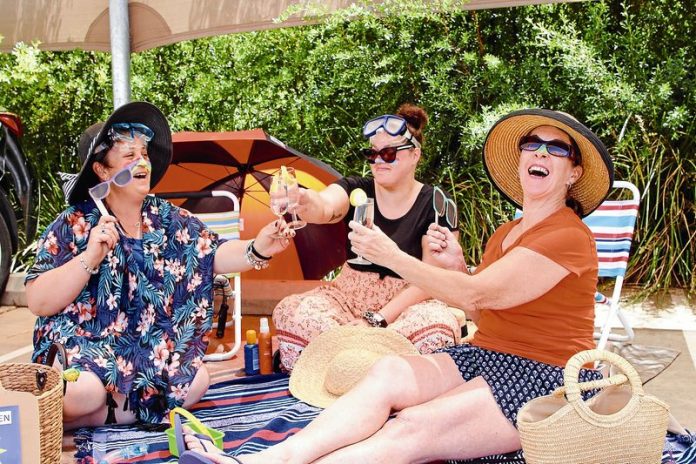
MOST readers of this newspaper would have heard of Slip, Slop, Slap.
It’s hot here, and at this time of year it feels like the sun is emerging from the trenches to launch its months-long campaign against humanity. So, in defence of your skin, the least you can do is Slip on a shirt, Slop on some sunscreen and Slap on a hat.
As it goes with simple, easy-to-remember sayings or acronyms – it’s been expanded. Now also remember to Seek shade, and Slide on some sunglasses. Not quite as catchy, but still important.
But what about people who have spent a lifetime in the sun: Truck drivers, farmers, even sportspeople? As a primary prevention method, Slip, Slop, Slap (and Seek and Slide) is still crucially important. But if you’re someone who already has signs of solar keratosis – scaly or rough skin patches or sun spots, you must take action to address them, says one Shepparton skin cancer doctor.
Dr Wil Chong of Shepparton’s GV Skin and Specialist Centre, says there are ways to treat and even reverse signs of solar keratosis. It’s important, because this condition is often the precursor to squamous cell carcinoma, which is one of the common skin cancers.
“If you’ve started to notice some changes, such as dry skin, rough patches, or a scab – get a check. There are several ways we can treat the damage,” he said.
“In this region we have a lot of elderly, and the community that’s been in the orchard and farming – there’s no doubt they’ve got lots of solar keratosis. If we can get on top of that, it’s less likely that we’ll end up with lots of skin cancer.”
The message is clear: Always Slip, Slop, Slap, but if you’re noticing signs of permanent skin damage from the sun, do something about it.
The GV Skin and Specialist Centre are professionals in the early detection, diagnosis, treatment and management of skin cancer. They are at 20 Wyndham Street, Shepparton, and can be contacted on 5820 0500.





